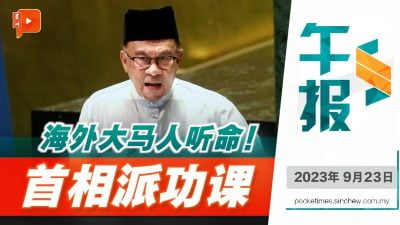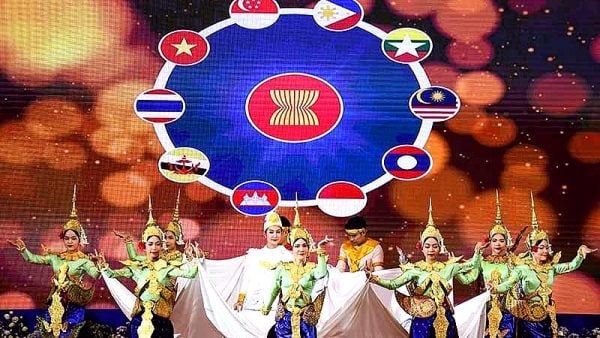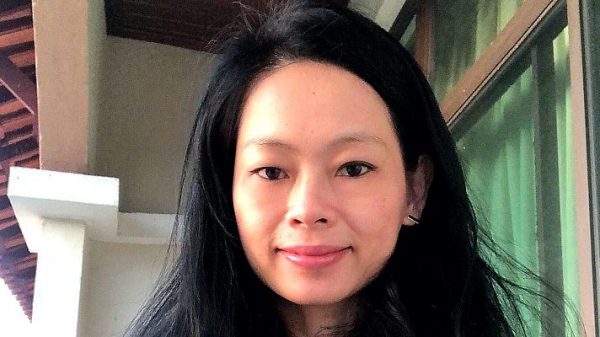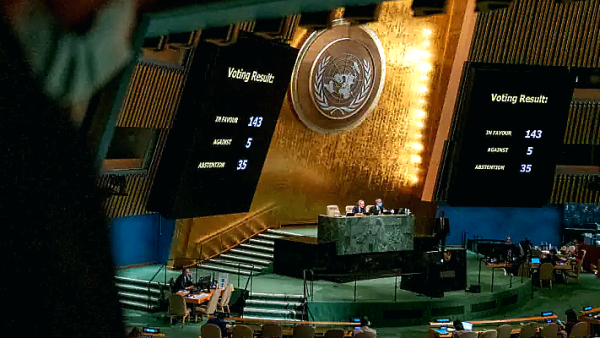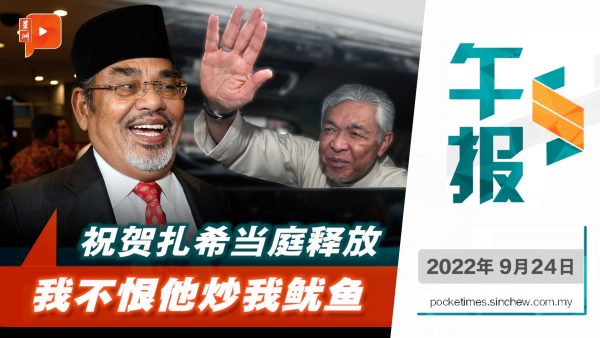
This is a special year for the United Nations (UN) as it celebrates its 75th anniversary. It is particularly significant in the time where the world is facing with health crisis that has severe social and economic impacts.
On top of that, the world is also facing challenges, including those related to poverty, inequality, climate change, environmental degradation, peace and justice.
In the midst of all these challenges and debates, it is time for us to better understand the nexus of peace, security, development and human rights as championed by the UN and how it can be more effectively implemented on the ground.
Quoting from the Varieties of Peace Network that I am attached with, peace processes have often been evaluated and studied during shorter time periods, after the end of the conflict.
Peace however can be interpreted differently depending on the country context, or even at the community level. Peace and security can take many different forms that go well-beyond “peace as the absence of war”.
The choices made during a peace process, and failures to address root causes can have long-term consequences.
Having said that, understandings of peace and security needs to move away from the traditional International Relations (IR) to better comprehend its variations in terms of quality and features, and perceives peace as a dynamic societal process of change.
In reference to what is stipulated in the zero draft of the UN75 Political Declaration by Member States, under the sub-heading, “We will work to ensure peace and security”, where it mentioned, “to build, keep and sustain peace in societies emerging from conflict is now one of the main responsibilities of the UN,” I would like to draw attention to my empirical observation experience in Timor-Leste, the newest country in the Southeast Asia region, having restored their independence in 2002 after a bloody independence struggle that killed a quarter of its population.
As a country that experienced UN-assisted transition experience with the 1999 referendum followed by the state-building operations under several missions and peacekeepers with the UN and other countries such as Australia, the discourse of peace, security, development and human rights remains intriguing in Timor-Leste.
Today, Timor-Leste continues to be one of the world’s poorest countries with 42% of the population lives below the national poverty line despite being an oil-rich state.
The question arises, therefore, what are peace and security means for Timorese in its post-independence context?
Peace and security no longer means the absence of conflict; rather, in looking at the future we want and our shared global vision, the focus on peace should be on sustainable peace and it must be built from rights frameworks to protect the locals’ interests in the processes of peace and security within the paradigm of development.
Using the experience of the Timorese community, there is an urgent need of providing for the needs and facilitating the creation of political and social structures that can support and offer contextual rights and dignity for the people.
While it is common an influx of foreign aid under the name of rebuild and restructure comes naturally after a country experienced a conflict or in the conflict itself, it raises the question of is this necessarily a good thing?
In the case of Timor-Leste, in the first two and a half years of its transition from the UN’s control to independence, the state of Timor-Leste depended entirely on international development assistance, bilateral and multilateral, as well as support from international NGOs, where they created the impetus behind the transition.
Timor-Leste was widely considered as a liberal peace state-building success story, compared to other UN state building in other parts of the world.
Timor-Leste is ranked at 54 in the 2020 Global Peace Index issued by the Institute for Economics and Peace. It ranked at 78 in the World Press Freedom Index 2020.
Among the Southeast Asian countries, Timor-Leste continues to rank the highest at number 41 in the Democracy Index 2019 issued by the Economist Intelligence Unit (EIU). This is shown in the Human Development Index (HDI) did not perform as well as the other indexes. Timor-Leste’s HDI ranking is at 131 in 2019.
The huge gap of these indexes indicate the imbalance of state building process as the low HDI is an indication that, the policies have not been effectively improve the living standards of the local population.
Hybridity, according to post-colonial literatures is an outcome of attempts to decolonize peoples, territories, and knowledge.
Hybridity reminds us of the lack of autonomy on the part of local actors in peace-making contexts.
Such historical processes have also been recognized in various UN documents, including in the General Assembly and Security Council, as well as by various agencies, including the World Bank and IMF.
Documents make reference to the need for among others, self-determination, local legitimacy, ownership, and partnership.
In most cases, both the local and international actors enter into a bargaining relationship whereby each actor imposes its own cultural values, norms and practices and when this happens, tension can take place.
Using the case of Timor-Leste, what is particularly needed is to close the power relations’ gap between local and global narratives so that both actors can continue to shape each other through progressive interrelationship.
Without it, while the peace formation may survive, it might results in a poorer quality peace in the local context, as so many post-Cold War cases of intervention have revealed.
The approaches such as prioritization of international interventions over local interventions and top-down state building over bottom-up should be reminded.
As emphasized in the Preliminary Assessment of the UN75 Survey Report, it highlights the need for more effective global partnerships and platforms for cooperation and knowledge sharing; and involves more women, youth, indigenous and vulnerable groups in policy as well as decision-making processes.
The demands such as equal access to basic services and protection of human rights is also highlighted in the same report.
This shows us that restoring rights that have been neglected due to violent conflict can potentially provides a strong framework for better integrating the concepts of human rights and peace.
As argued by various scholars such as Amartya Sen notably, peace is defined as the equitable distribution of economic opportunities, political freedoms and social opportunities, and to ensure a sustainable peace, an empowerment approach should always be emphasized.
To move forward, it is important for the international community to seek to understand the on-the-ground process whereby that condition is constructed, maintained and replicated.
(Khoo Ying Hooi is Universiti Malaya Senior Lecturer.)
ADVERTISEMENT
ADVERTISEMENT






